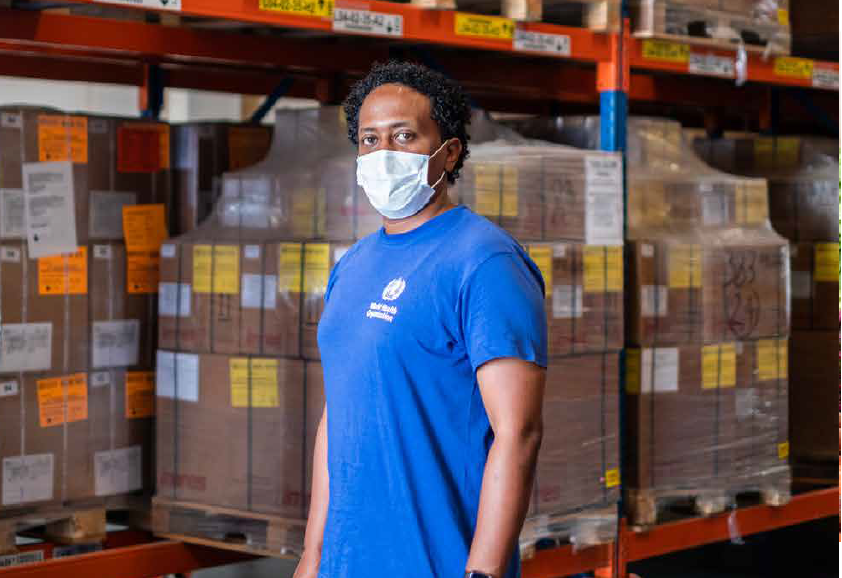From crisis to opportunity for sustainable peace – A joint perspective on responding to the health, employment and peacebuilding challenges in times of COVID-19
This paper examines key policy and programmatic considerations for international health and employment interventions responding to COVID-19 in conflict-affected countries. It outlines a range of important peacebuilding considerations and highlights significant contributions the World Health Organization (WHO) and the International Labour Organization (ILO) are making to mitigate the impacts of the pandemic.
By doing so, this paper aims to shed light on the risks and resilience factors that are particularly relevant in countries recently or currently affected by armed conflict, or where the risk of an outbreak, escalation of, or relapse into violence is high (for the sake of readability, these situations are hereafter referred to as “conflict-affected”). It suggests how these considerations can best be incorporated into COVID-19 policy responses and programming and provides general and practical guidance for how programmes and interventions may need to be adapted to become optimally effective, do no harm and strengthen prospects for peace. Thus, one of the main added values of this paper is the link of peace to health.
The paper stems from a partnership among WHO, ILO, Interpeace and the UN Peacebuilding Support Office (PBSO) of the Department of Political and Peacebuilding Affairs[1]. This publication targets national governments/donors, international agencies and civil society engaged in the COVID-19 response specifically in the areas of health, decent work and employment, and peacebuilding in conflict-affected settings.
[1] The Swiss Federal Department of Foreign Affairs (FDFA) provided financial support for ILO. Global Affairs Canada and the Foreign, Commonwealth and Development Office of the United Kingdom provides financial support for Interpeace’s Peace Responsiveness Facility.

